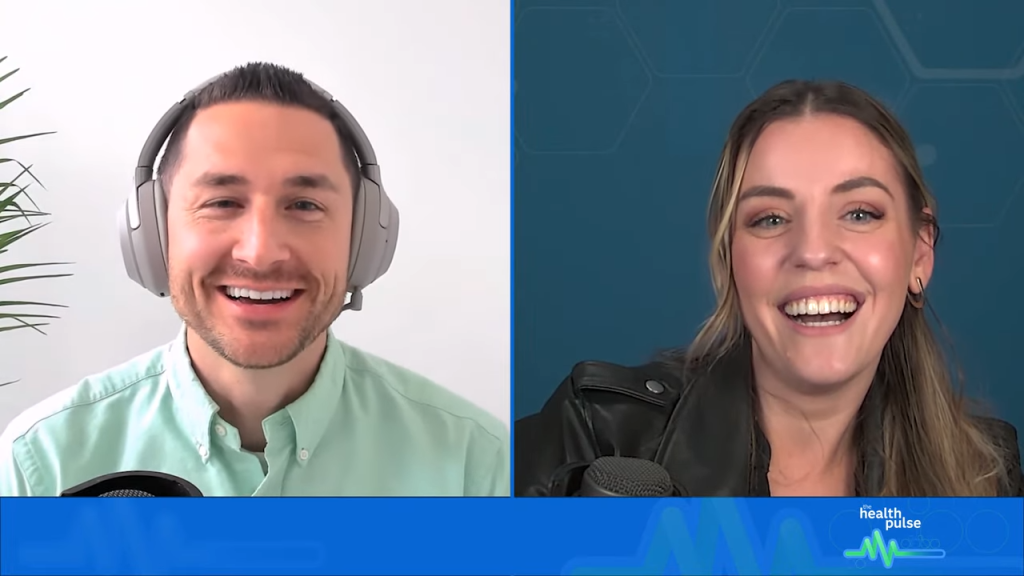“Generative AI is essentially just a subcategory of AI; it’s not that new algorithms have been invented.” Marinela Profi, AI Product Strategy Lead at SAS, says it up front and directly in her most recent podcast interview. “It takes a variety of data points, code, images and then, based on a prompt or command, generates something.”
However, in health care and life sciences, GenAI has been not just a buzzword but the top, most influential, and most discussed term across the industry from 2023 to date. And with the technology forecasts as they are, it’s likely to remain top of mind—and top of priority—for the foreseeable future.
But for all of the ways that GenAI is discussed, what do we know about it? What potential does it offer in health care and life sciences? And how can we even use it in a space that’s so heavily regulated? On the Health Pulse Podcast, Profi sits with Alex Maiersperger to discuss the following topics.

The speed of evolution for GenAI
GenAI took the world by storm at the start of 2023. For many of us, it’s been such a huge focus that it’s hard even to imagine what our workdays looked like without using, hearing about, researching, or referencing GenAI.
From using GenAI to learn how to fix bikes without reading a massive manual to prompting video creation with only a few sentences and even creating Humanoids, the speed of evolution for GenAI hasn’t just been fast. Still, it’s been overwhelming (Not sure about any of those references? Check out the episode to snag the inside jokes).
GenAI potential across health care and life sciences
While the technology evolves overwhelmingly, its use also picks up speed across industries. For health care and life sciences leaders, GenAI is enticing, but it hasn’t caught real, tangible, true meaning as quickly as one might hope. After all, we should use every tool possible to create a healthier future, right?
“We’re going to see the applicability of AI and GenAI across various industries. One that I’m particularly excited about is health care,” Profi states in the podcast.
Though the industry itself might be slower to adopt the technology at large, the tools and solutions currently on the market pose incredible opportunities in health care if used correctly.
In her conversation with Maiersperger, Profi shares a few cases of AI and GenAI currently used in health care. At the same time, she provides insight into what the future of care might look like as both AI and GenAI have more uptake across the industry. And though many positive outcomes are on the table, a few risks and challenges are already being exploited. While I won’t spoil the episode (trust me, you’ll want to hear this conversation throughout), there’s one key point to highlight: the technology exists and we have to figure out how to use it appropriately, implement it and start working actively to create a healthier future.
Check out the video below to view the entire episode or listen via your podcast streaming platform of choice.

